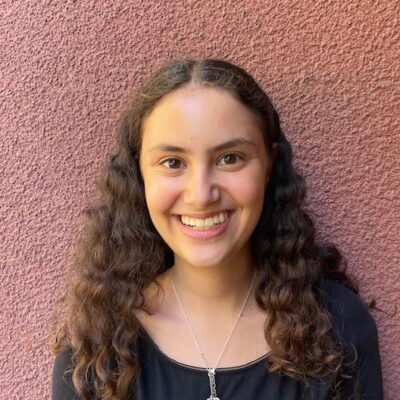Elizabeth Shepherd L&S Arts & Humanities
Rivke Kope and Yiddish Introspectivism
In attempting to uncover where Rivke Kope’s poetry and theories of psychoanalysis intersect, I will trace how Jewish women in Europe envisioned the past, while rebuilding their communities. In the silence of a post-war Paris, Rivke Kope wrote Yiddish poetry that experimented with sound. She adopted the rhythms, clarity, sobriety, and interiority of the modernist Inzihksin (“Introspectivist”) Movement of the 1920s and 30s. As they brought psychoanalytic theories of the unconscious into modernist Yiddish poetry, Kope attempted to bring a voice to the issues of Jewish women in Europe in a post-war world. Kope writes, “our mother’s mother has already carved out your mornings and forged a shield for them,” calling upon the power of tradition to protect, while simultaneously serving as a barrier between the unconscious and conscious life. My research use the study of River Kope’s poetry to observe the progression of Yiddish’s position as a medium for psychoanalytic thought. How do the psychoanalytic goals of the Inzihksin color Kope’s work and how does she adapt to address a post-war public?
Message To Sponsor
Thank you so much for the opportunity to conduct this research. I am deeply grateful for the chance to bring to light the work of a beautiful and understudied poet. Her work provides a thoughtful focus on the struggles of motherhood and assimilation and so I feel so lucky that your contribution will allow me to share it with the world.